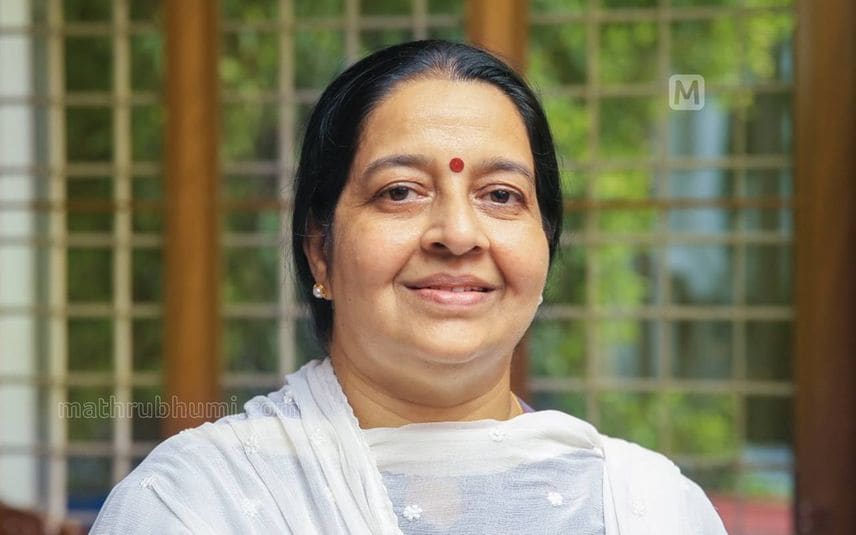AIMLB Moves SC Against Karnataka High Court Verdict On Hijab

New Delhi, March 28: The All India Muslim Personal Law Board (AIMPLB) on Monday moved the Supreme Court, challenging the Karnataka High Court order, dismissing a batch of pleas against the ban on hijab in educational institutions.
The AIMPLB and two women Muslim petitioners, through Advocate MR Shamshad, moved the Apex Court, challenging the March 15 order of Karnataka High Court, upholding the Karnataka government order relating to strict enforcement of dress code in educational institutes. The petitioner claimed that the verdict of Karnataka High Court presents an erroneous understanding of the Islamic texts, particularly the primary and highest source of Islamic law – the Holy Qur’an.
In its impugned Judgment, the High Court of Karnataka curtails religious freedom and constitutional rights of Muslim women, the board claimed. “Certain sporadic groups started heckling Muslim girl students practicing Hijab in December 2021 and when the heckling escalated on to a larger scale, the Government of Karnataka, by way of issuing a Government Order, made it an issue of direct discrimination of selectively chosen class of girls by directly referring to ‘headscarf or a garment covering the head’ not being violative of Article 25,” the petition claimed.
The petitioner said the ground reality was that the women were compelled to remove their Hijab to avail the right of education, at the cost of self-respect and dignity. “As far as interpretation of scriptures in the holy Quran are concerned, there is a consensus among the religious scholars of all schools of thought, namely Hanafi, Maliki, Shafai and Hambli that practice of Hijab is ‘wajib’ (mandatory), a set of obligations, which if not followed, he/she will commit ‘sin’ or become a ‘sinner’. Wajib has been kept in the ‘First Degree’ of obedience,” the petitioner said.
Although AIMPLB clarified that they were not party in the matter heard in Karnataka High Court, but stressed that it has suitable locus in the present case to take up this issue. The High Court of Karnataka had passed a judgement on March 15, dismissing the petition filed by a group of Muslim girl students against the PU government college for denying them entry while wearing Hijab.
The High Court bench, led by Chief Justice Rituraj Awasthi, dismissed the petition, stating that the practice of hijab was not an essential practice under Islam and thus, it did not fall within the ambit of Article 25 of the Constitution. The court had also held that prescription of school uniform was only a reasonable restriction, which is constitutionally permissible and which the students cannot object to and stated that the government had the power to issue such notification and that no case was made out against the government notification.






